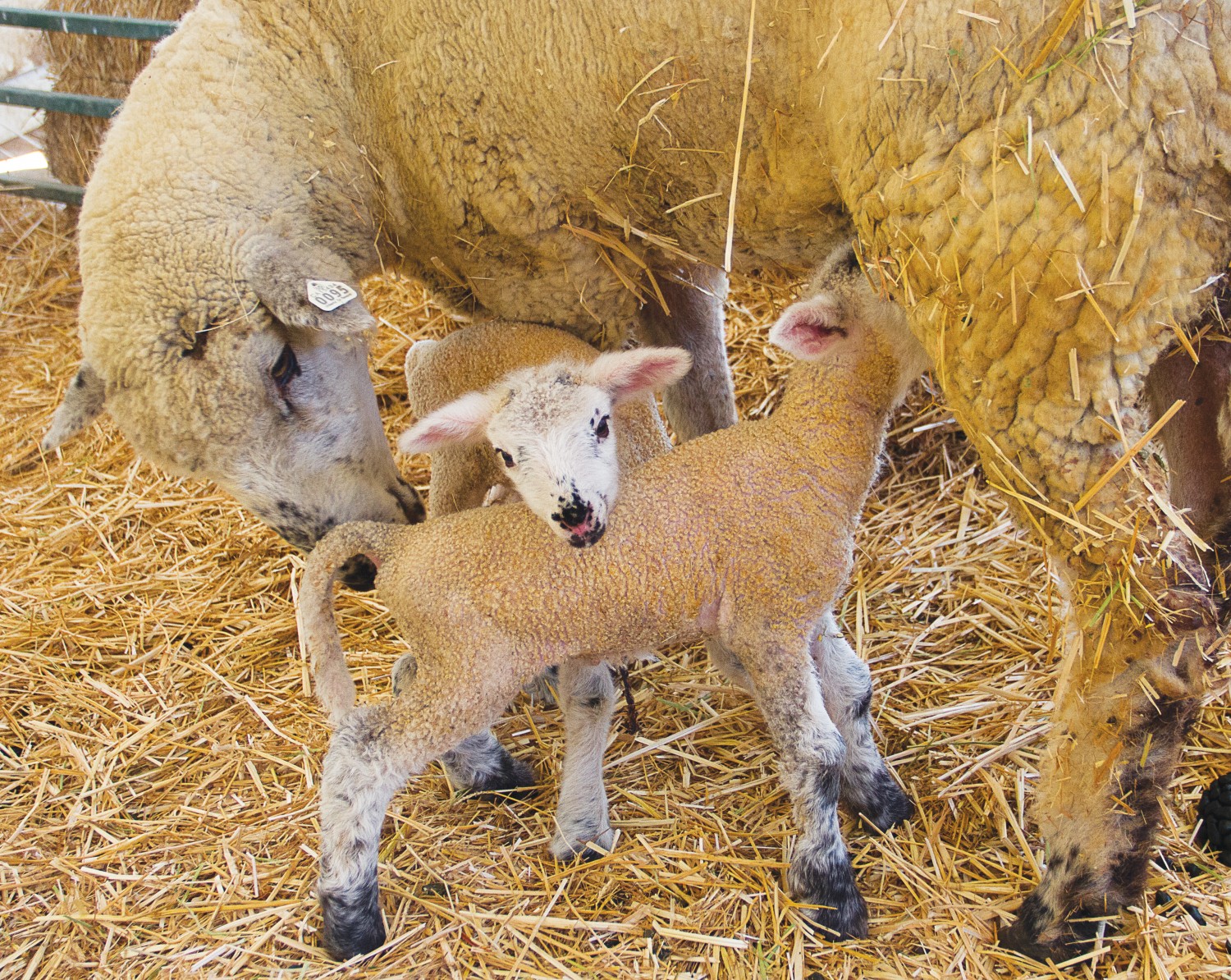The Pre-Veterinary Science Department at Pierce College welcomed seven new lambs last week, raising the grand total up to nine sheep born on the farm this season.
The first newborn lamb of the seven was delivered on Friday, Sept. 20; a set of twins arrived on Monday, Sept. 23; another set of twins were born on Wednesday, Sept. 25; and two more lambs rounded out the week births on Monday, Sept. 30 at the farm located on Brahma Drive, according to Dr. Leland S. Shapiro, agriculture department chair.
“The sheep like to give birth when it’s quiet — in the early morning,” Ian Lewis, a student in the Pre-Veterinary Department, said.
Once the lambs are born, they are vaccinated to protect against various diseases and students are trained on how to bottle feed the lambs. Young males are humanely castrated to prevent inbreeding.
“When I got here, the farm crew students were picking up the babies and cleaning them off,” said Mimi Dimatteo, an animal science student. “They’re just beautiful. You get to see this whole process.”
The lambs are crucial for the Pre-Veterinary Department — females are kept and bred for reproduction while males are sold for slaughter and to raise necessary funds for the program to continue running and for maintenance of the farm, according to Shapiro.
“People say, ‘Well why do you need that money?'” Shapiro said. “Well, it costs about $100,000 a year to run the farm, not counting labor. That’s just feed and vendor cost.”
This is the first year in five years that the farm has received funding from Pierce College for the farm.
The sheep-breeding program was started by Lindsay Boggess in the fall of 1947 and continued for four decades with the help of his son Ed, according to Shapiro.
Shapiro arrived at Pierce in 1968 as a cross-country runner from Fairfax High. He graduated from Chatsworth High School and found his first job milking cows at the farm in 1971.
Pierce has the most successful two-year pre-veterinary program in the state of California with students being accepted in to colleges across the country, according to the the department’s website.
Shapiro has approximately 1,600 students in the Agriculture Department and roughly 300 students in the pre-veterinary program.
On top of required classes and a 3.7 GPA, students must have 3,000 hours of hands-on experience in a clinic to be able to graduate.
To date, 203 Pierce alumni have applied and been accepted into graduate schools of veterinary medicine.
The Agriculture Department offers hands-on training on a 200-acre working farm located directly on campus and run entirely by its students and faculty.
“There’s a lot of students that don’t even know we have a Pre-Vet Department or even a farm,” Ivan Barraza, a pre-veterinary student said. “Summer and winter is usually the hardest because we don’t have students to help us, just about six of us.”
The farm also houses chickens, donkeys, horses, and cows, with the horses needing over $25,000 in feed alone per year. The Agriculture Department also sells cows and eggs.
Students are encouraged to visit the farm and see all the animals Pierce has to offer, but please make sure there are student employees there to assist and ensure that visitors do not scare the animals.




